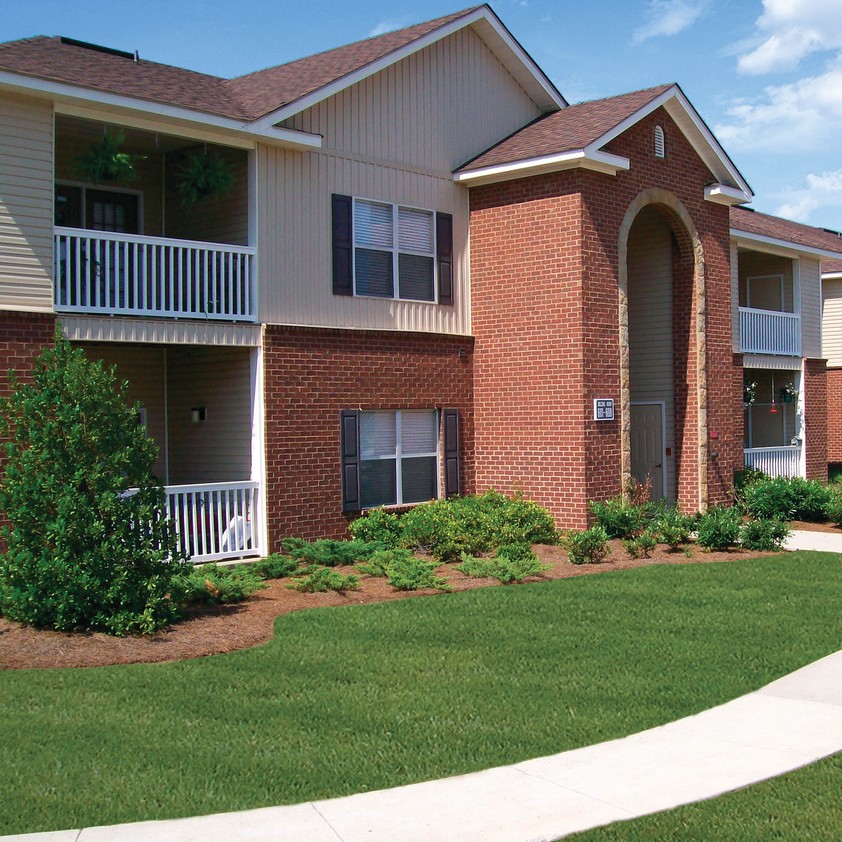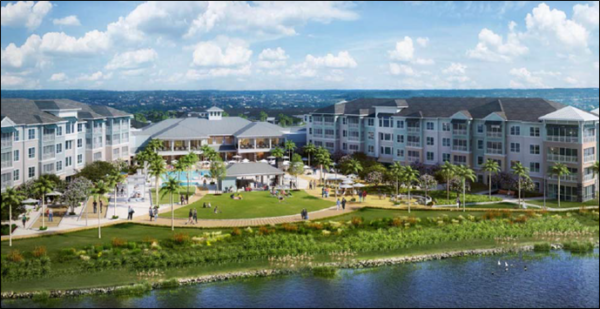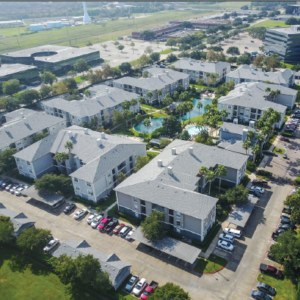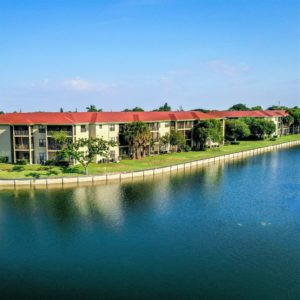Multifamily completions are scheduled to hit 371,000 in 2020, a 50% increase from 2019. Still, new 2020 construction starts are expected to remain steady, causing 2021+ deliveries to be more in-line with prior years. It is estimated demand will be met at a consistent 328,000 units per year. Finally, CBRE ranked the hottest markets for 2020 developers (based on growth), and all markets have less than 2 million residents.
Below are key takeaways from the following reports:
RealPage Reports a Surge in Scheduled Apartments Completions in 2020 – RealPage – Link
NAHB: Multifamily Construction Starts Will Rise Just 1% in 2020 – ConstructionDive – Link
CBRE Ranks the Hottest Multifamily Markets for 2020 – ConstructionDive – Link
Download the PDF version of this report here:
RealPage Reports a Surge in Scheduled Apartment Completions in 2020
RealPage
- The U.S. apartment market is set to receive more new units in 2020 than it has in any of the past 30 years
- About 371,000 apartments are scheduled in 2020, a 50% increase from 2019. The scheduled new supply adds about 17% to the more than 2 million new apartments built over the past decade.
- Absorption is expected to be strong, as U.S. apartment occupancy reached near-record levels and rents grew by 2.8% in 2019
NAHB: Multifamily Construction Starts Will Rise Just 1% in 2020
ConstructionDrive
- Despite increasing demand, multifamily construction starts rose just 1% last year to 381,000 and are expected to increase 1% to 383,000 in 2020, followed by a 4% increase to 399,000 in 2021, according to the National Association of Home Builder
- To meet U.S. demand for multifamily housing, the industry needs to build about 328,000 units a year, which has only occurred twice since 1989, Sarah Yaussi, a spokesperson for the National Multifamily Housing Council (NMHC), told Construction Dive
CBRE Ranks the Hottest Multifamily Markets for 2020
ConstructionDrive
- Developers would do well, according to CBRE, to focus investment on smaller markets with fewer than 2 million residents. It cited a range of these types of cities that had 4% or greater rent growth as of the third quarter of 2019, including:
- Albuquerque, New Mexico
- Birmingham, Alabama
- Colorado Springs, Colorado
- Greensboro, North Carolina
- Memphis, Tennessee
- Dayton, Ohio
- Tucson, Arizona




